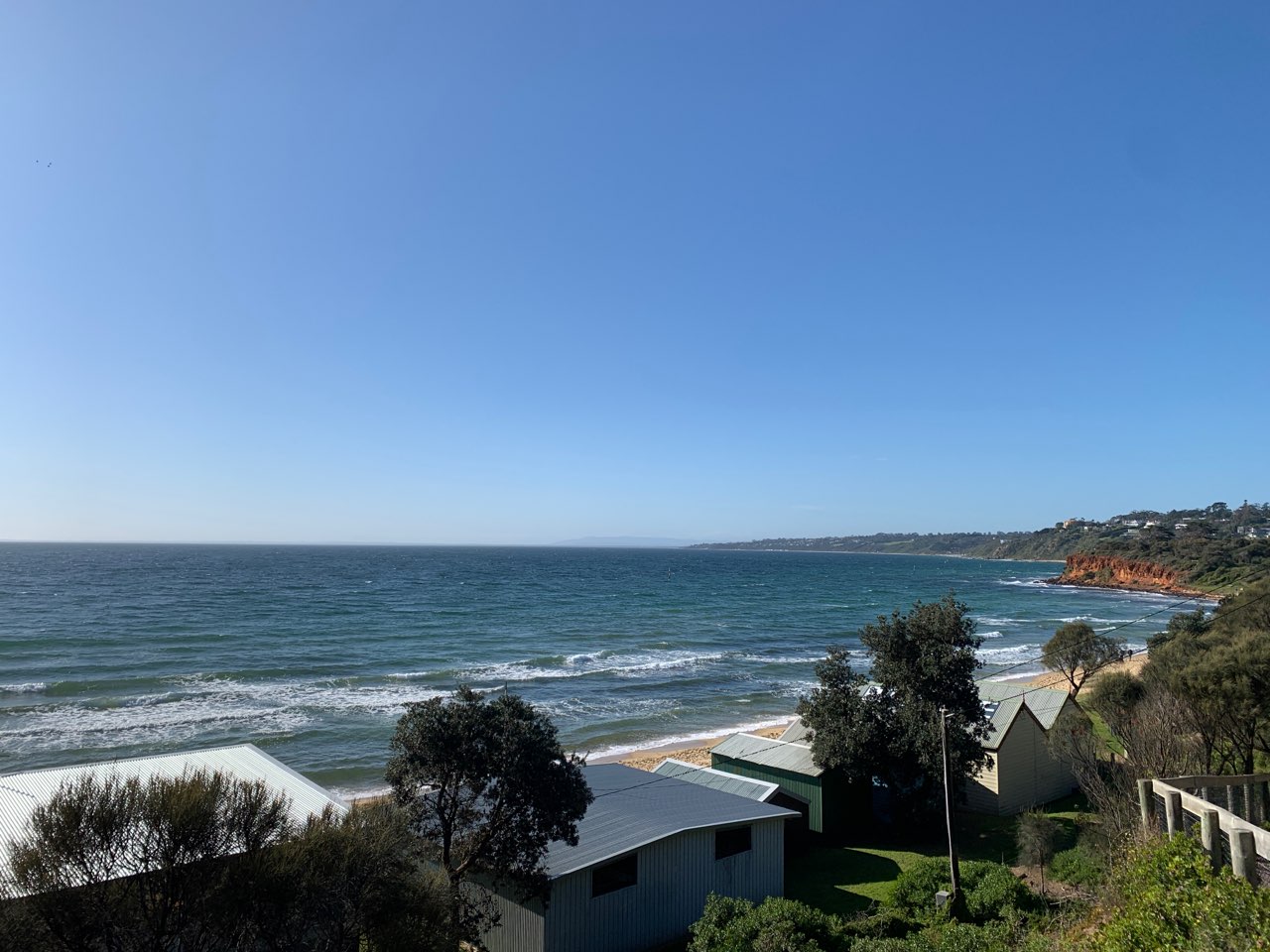A lot of businesses out there rely on on traffic from search engines to bring in sales and leads. This is why search engine optimisation is so important. It’s a simple equation: get more traffic to your business’ website, the more sales will come through. Of course, not everybody who comes to a website will convert, but eventually the law of large numbers will takeover and conversions will come. It may sound a bit crass, but at its most basic, digital marketing is just getting as many people onto a website as possible and hoping for the best. Of course it’s more than that though!
So what do you do when your site is ranking well for its niche and then suddenly (or slowly over time), those rankings go away. What’s going wrong here? This can lead to panic, loss of business, and a lot of frustration. This is especially the case when it’s hard to determine where the problem is.
Let’s look at a few typical reasons why a website may lose organic traffic from search. Often determining the problem is part of the solution.
Competitors Are Taking Your Rankings
Ultimately SEO is a zero sum game. What this means is that for someone to rank higher, someone else has to rank lower. Every click that goes to website A means that website B doesn’t get a click. If, for example, a certain search only has 1,000 searches a month, and your website went from getting 600 site visits from those searches, but now only gets 500, those 100 searches had to go somewhere.
If your website is losing search traffic, it may be a good idea to first check to see whether a specific competitor has suddenly improved rankings. If it’s just been one competitor who’s suddenly ranking ahead of you, they’ve likely changed their SEO strategy, and whatever they’re doing is working.
How do you fix this? The simple answer is do better than them. If you were ranking well previously, your SEO basics were probably in check, but how’s your content marketing for SEO going? What does your backlink profile look like? Does your industry just tend to have really bad SEO but a new competitor is actually doing something about it?
The good news is that if you can determine that your rankings have gone down because of competitor is doing a big push, you’ve just been given a template for what works for your niche. You can’t just cut and paste their content, but you can use their SEO strategy as a template and then just execute it better.
Seasonal Differences In Search Volumes
Business owners love to get alarmed by dipping search traffic and think the sky is falling before taking a breath and finding a simple explanation. It may sound like a lazy reason, but sometimes search volumes change.
For example, searches for swimming pools dip in the winter months then start to increase in spring and through the summer. If you own a company that has anything to do with swimming pools, you shouldn’t be alarmed that you’re getting less traffic in the winter than you are in summer.
Seasonality can also be a bit sneakier than that though, especially when it doesn’t have to do with the season and more to do with the time of year. For a lot of B2B clients, for example, we see pretty big dips in traffic across the board (not just from search) during things like school holidays because many of their clients simply aren’t in the office.
The good and bad news about seasonality is that there’s not much you can do about it. Search volumes are what they are. But the traffic will come back.
If you want to see what seasonality looks like for your niche, check out Google Trends. It can relieve some stress!
An Update To The Google Algorithm
A Google algorithm update can be difficult to come to terms with. This can either look like a sharp and fast drop in traffic or a slow and steady decline, depending on what the update was.
Generally speaking, if you’ve been doing everything above board in terms of SEO, an update shouldn’t hurt a site too much. If you or your SEO company has been exploiting a grey area in SEO or been doing black hat SEO methods, a Google update that closes any loopholes can really affect traffic.
If your website’s search traffic has declined due to a Google update, it may be best to find a professional to fix or diagnose the problem. And if you were already using a professional, it may be a good idea to get a second opinion in case your current provider is doing something they shouldn’t.
Remedies for losing search traffic thanks to a Google update will vary because the exact nature of the issue will depend on how/why a site was hit.
Something Else Is Causing A Decline In Search Traffic
But what is this mysterious “something else?”
This could be a combination of the reasons above, of course, but it could be something completely unexpected.
For example, people make mistakes all the time. Maybe a staff member in your business changed a setting on your site and slowed it down considerably, or your host downgraded your site speed by mistake. These things actually do happen and it’s worth considering.
Maybe your website had a few great backlinks that got replaced by something else. This also happens from time to time. And it can be frustrating.
If you’re stumped about why the search traffic to your website is going down, we can help with an initial audit of your SEO efforts and digital footprint. From there, we can put a strategy in place to get your website ranking where it should.




